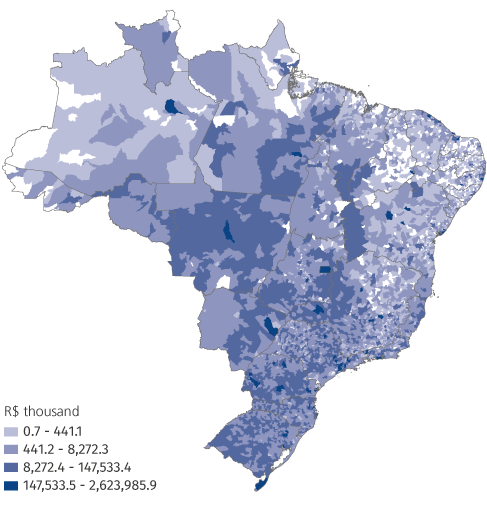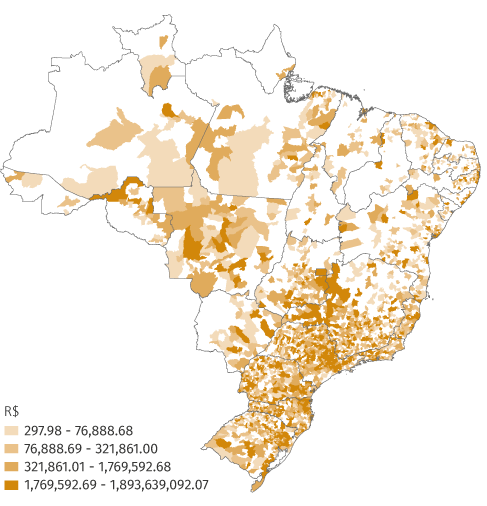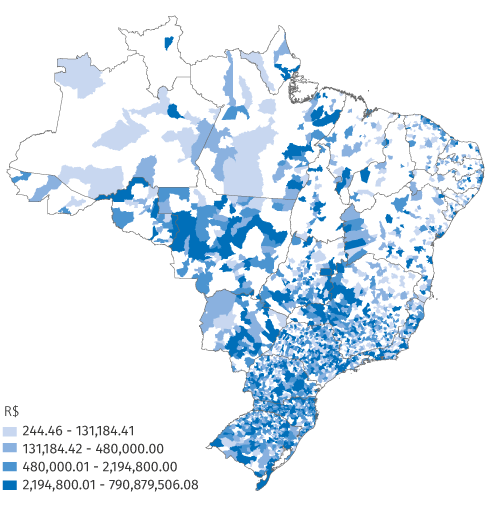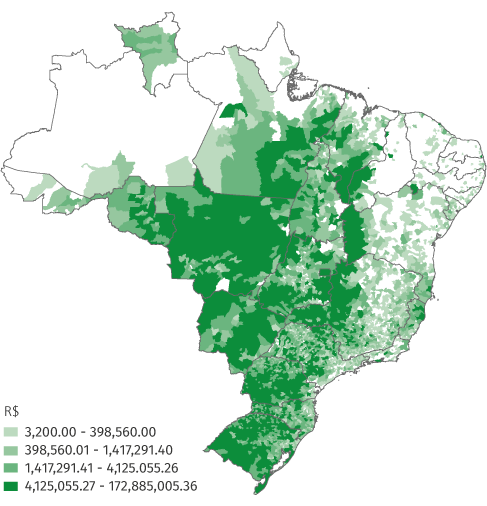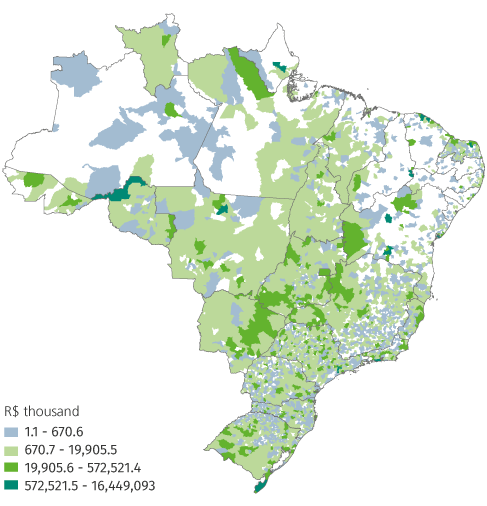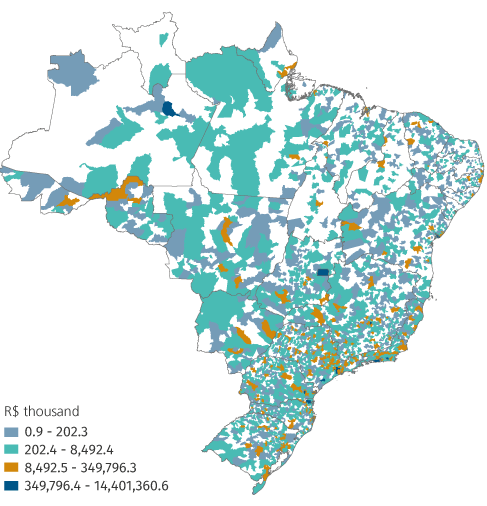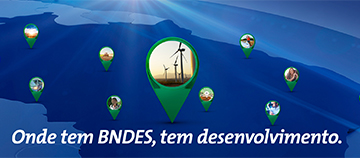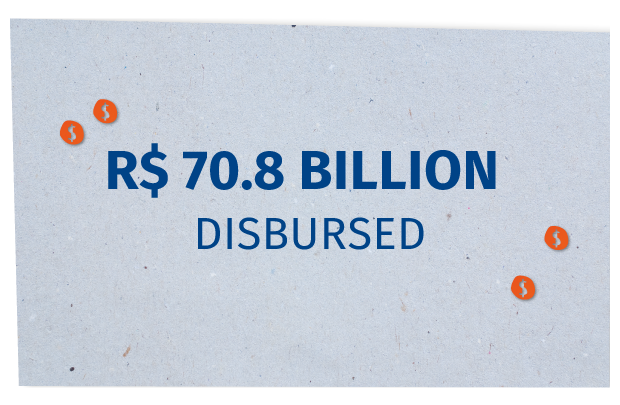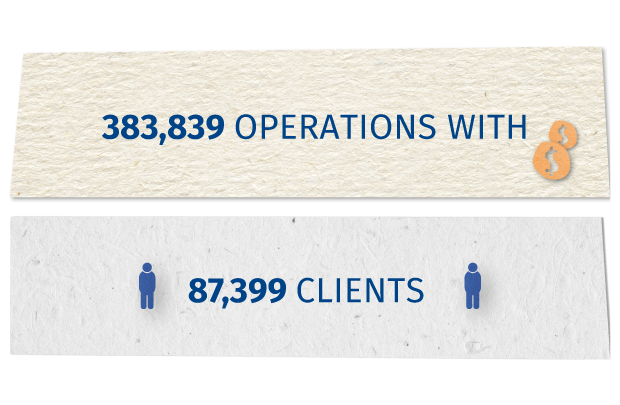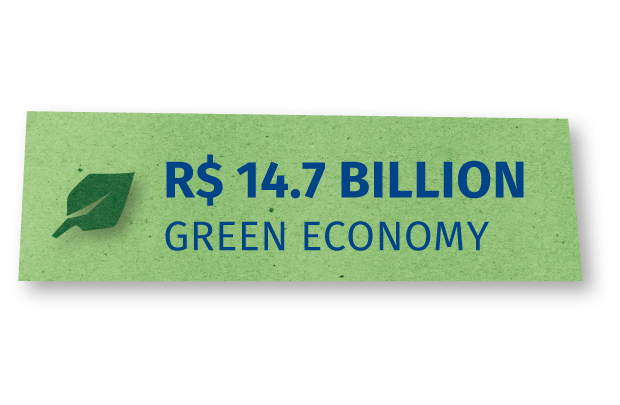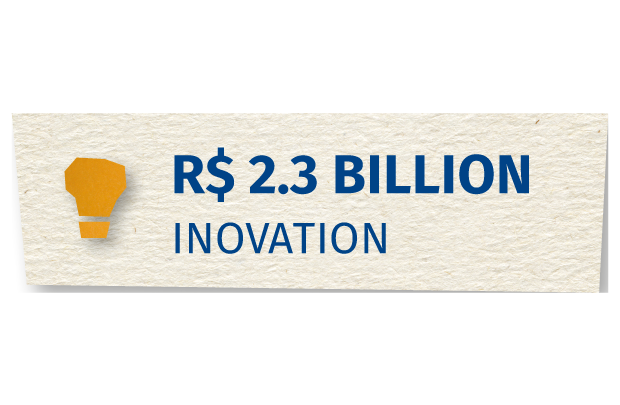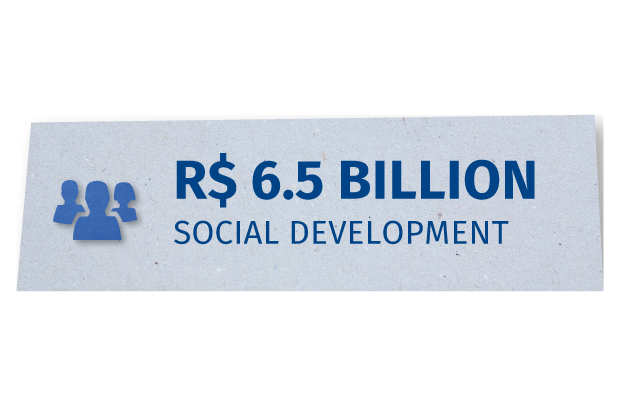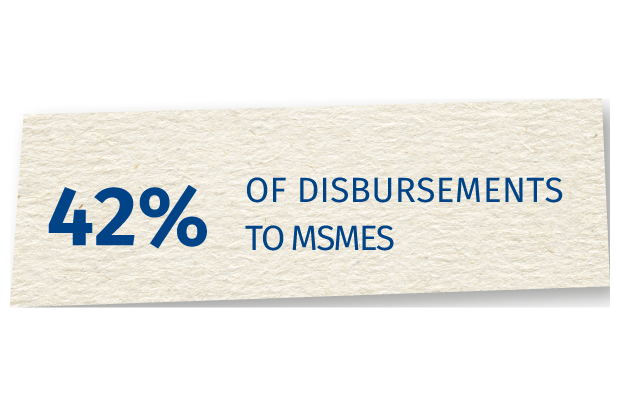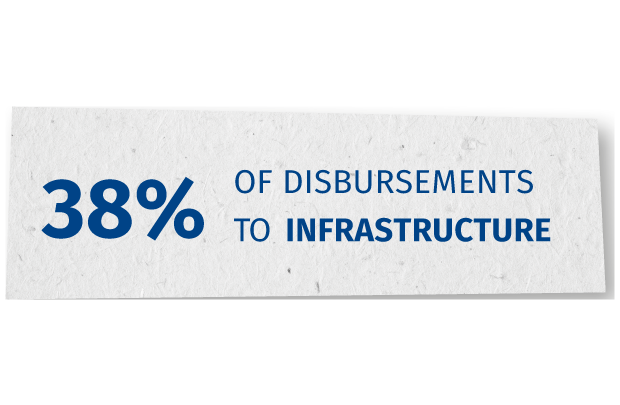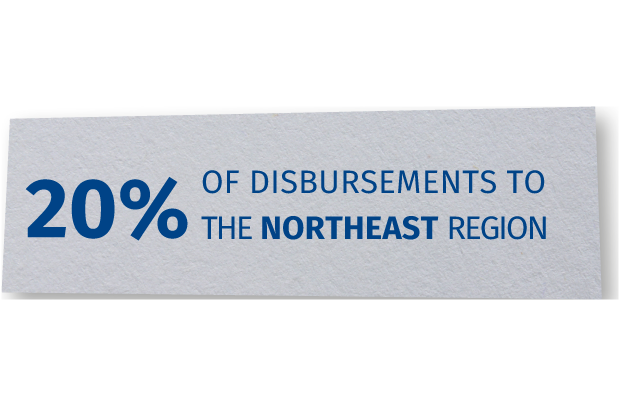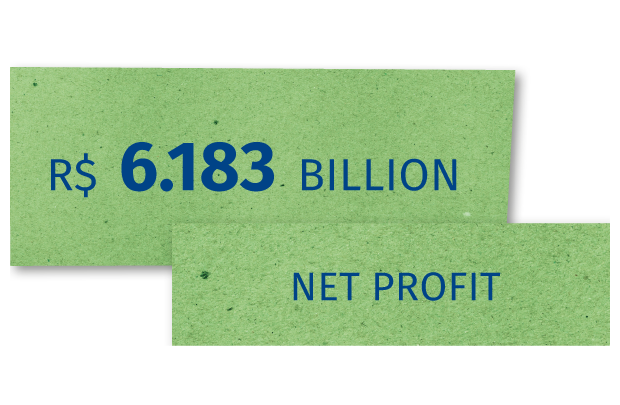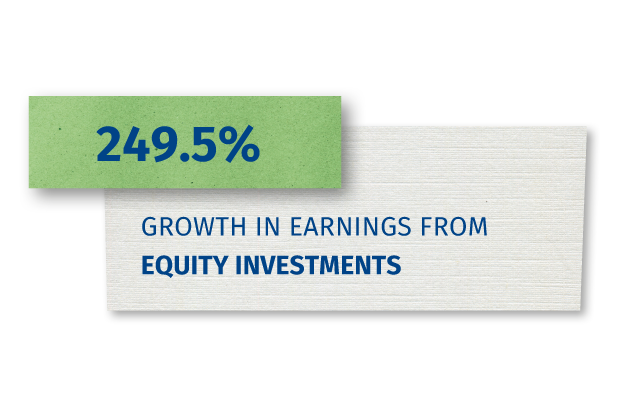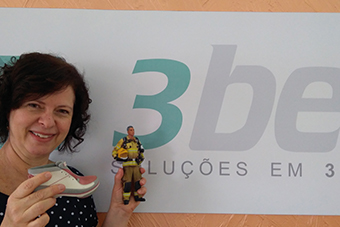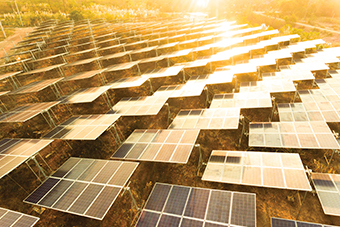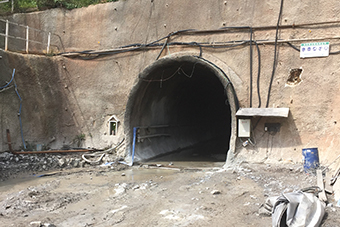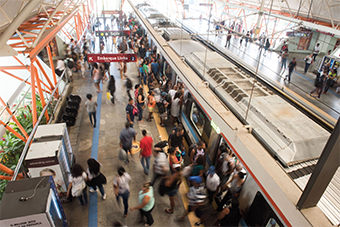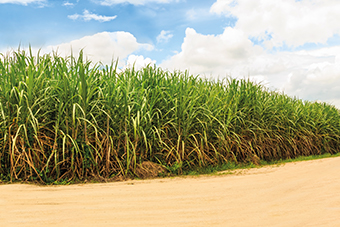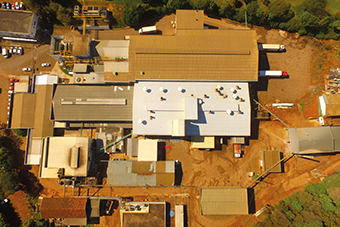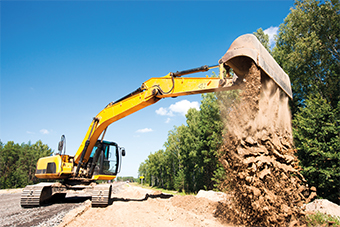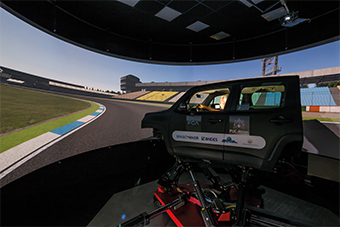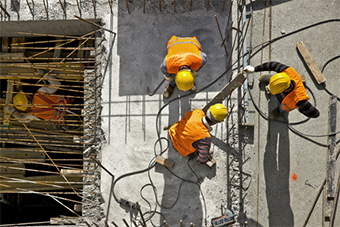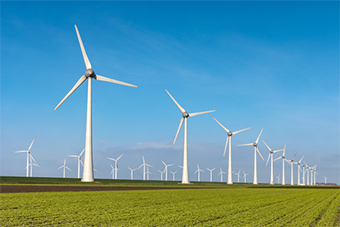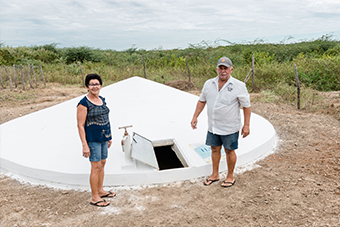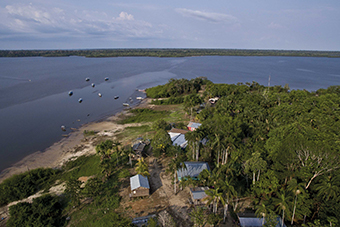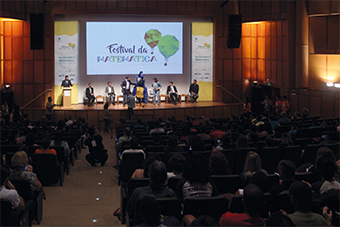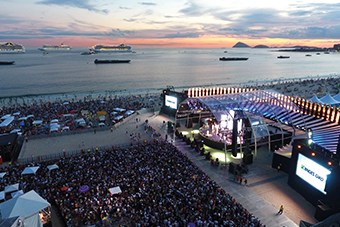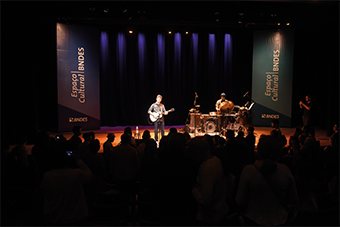MESSAGE FROM THE MANAGEMENT

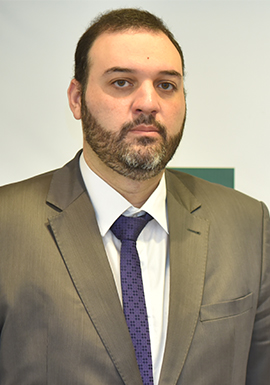
The year 2017 marks the beginning of the economic recovery after two years of strong contraction. Investment, which was the macroeconomic variable most affected by the crisis, began to show signs of reaction. BNDES, as the main instrument of the Federal Government for long-term financing and investment in all segments of the economy, plays an extremely important role in this recovery.
Throughout 2017, the Bank focused on laying the foundations for sustained development, in a scenario of new challenges. With the drop in the Selic rate and the creation of the Long-term Rate (TLP), we are entering a new phase in Brazil: The low-interest rate era. Thus, BNDES will need to prospect and boost projects and investments, as well as proposing new products and financial solutions. Therefore, between 2017 and early 2018, BNDES underwent a broad process of strategic planning, redefining the guidelines for its operations in the 2018-2030 period.
With solid governance and an ethical and capable functional body, BNDES has all the required instruments to fulfill the purpose of transforming the lives of generations of Brazilians, promoting sustainable development. Always acting with transparency, dialogue and cooperation. This report is another means of showing the Bank's actions and processes, demonstrating the effectiveness of our actions. It follows the model of the integrated report and, through financial and nonfinancial information, aims to present how the Bank generates value for the public.
We invite everyone to read this report. We are always open to suggestions and criticisms, searching for a continuous improvement of our performance and transparency.
Dyogo Oliveira
President of BNDES
Walter Baere
President of the Advisory Board
